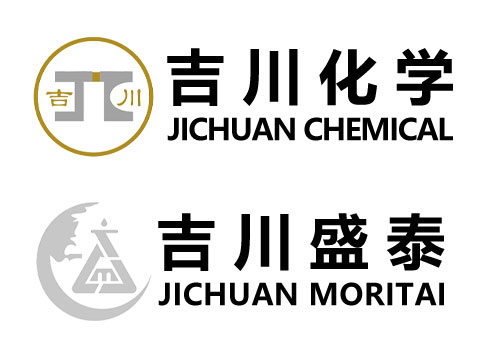Lubricating oil and cutting fluid
Our cutting fluid is used by many large precision manufacturing factories.
Our machining chemicals are primarily used in various grinding machines, milling machines, lathes, CNC machining centers, five-axis turning and milling composite machines, sheet metal stamping, and other equipment for processes such as grinding, turning, drilling, milling, chamfering, broaching, tapping, threading, stamping, punching, and bending, providing lubrication, cooling, rust prevention, and other functions.
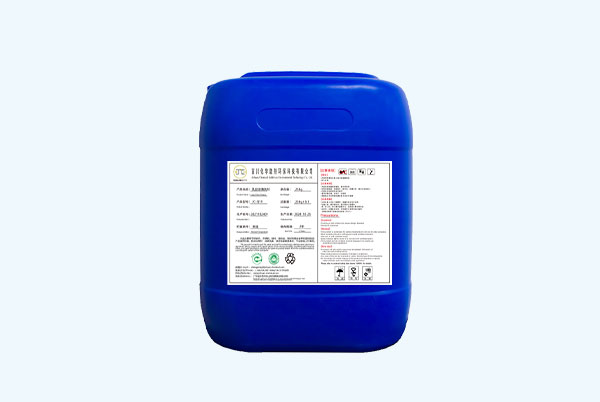
Full Synthetic Cutting Fluid
JC-Q01
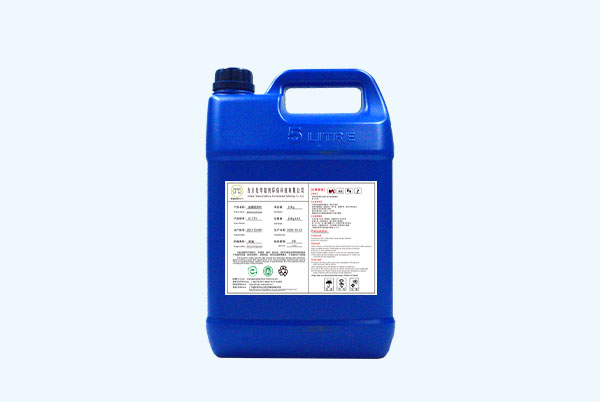
Semi-Synthetic Cutting Fluid
C2013
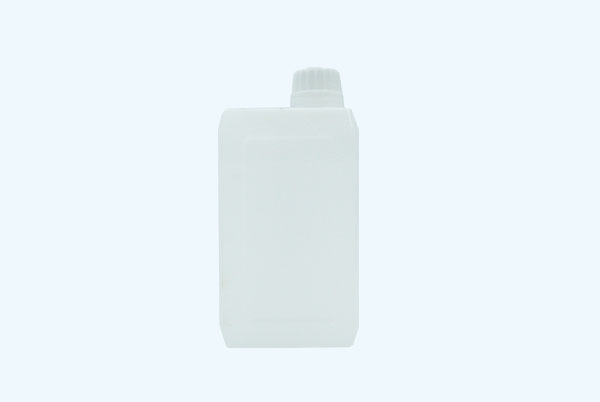
Water-Soluble Cutting Fluid
JC-Q01
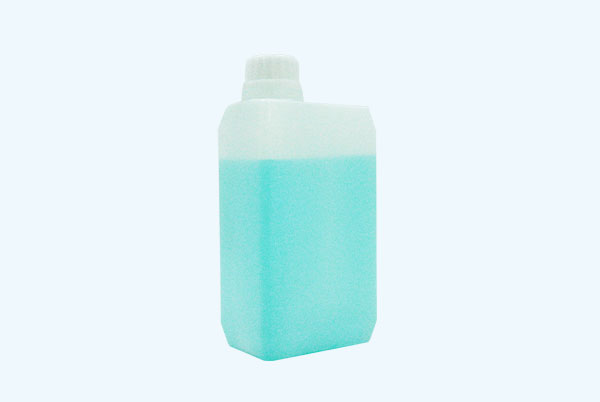
CNC Cutting Fluid/Cooling
JC-Q01
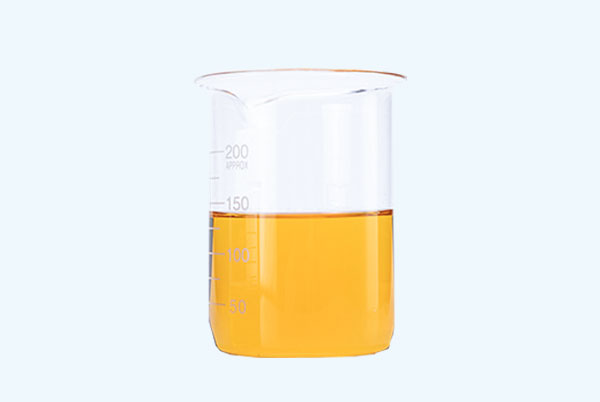
Machining Oil,
JC-Q01
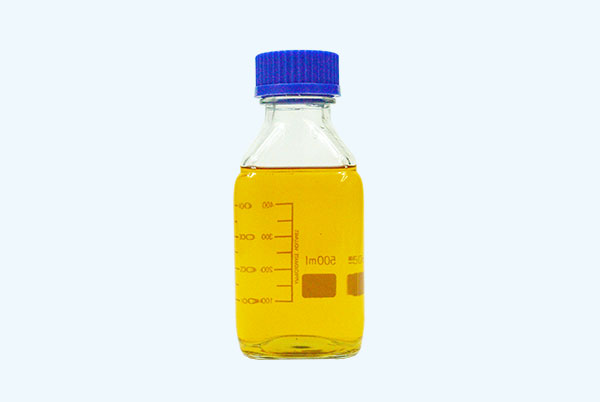
Stamping/Wire Drawing Oil
JC-Q01
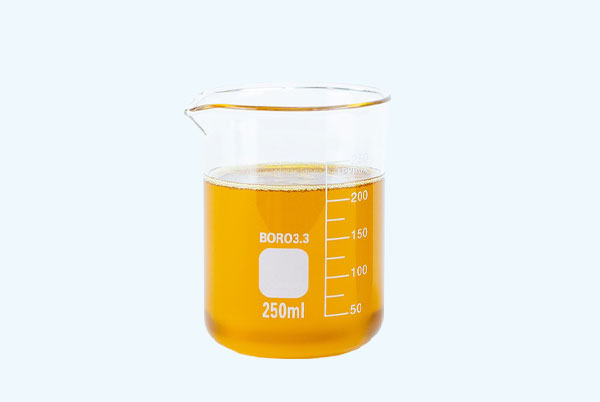
Guide Rail Oil
JC-Q01
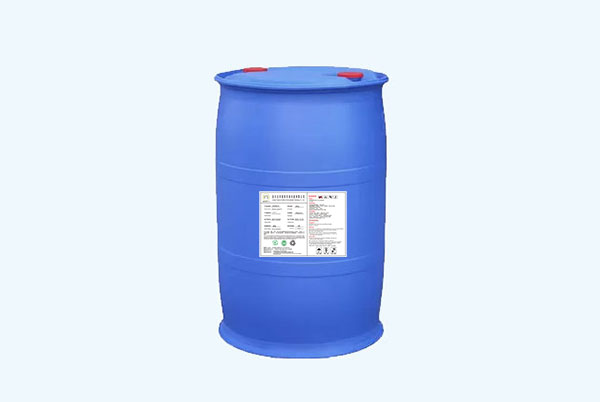
Lubricating Oil
JC-Q01
Excellent lubrication
Reduce metal surface friction and wear, extend the lifespan of machinery and tools, and maintain stable lubrication performance under high load or high-temperature conditions.
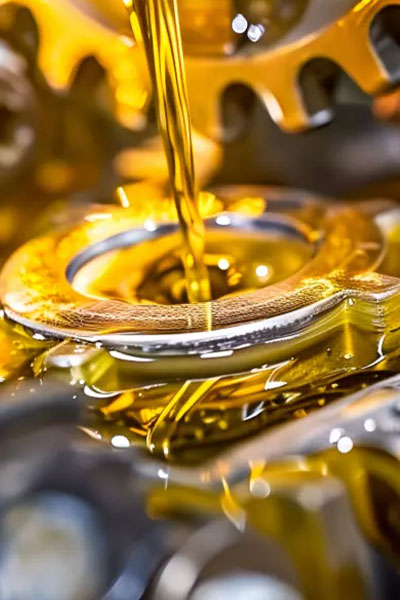
01
Efficient cooling
Rapid heat dissipation to prevent damage to machinery from overheating, reducing the workpiece surface temperature during the cutting process, and ensuring machining accuracy.
02
Rust and corrosion prevention
03
Oxidation resistance, and thermal stability
Resistant to high-temperature oxidation, reducing oil degradation and sediment formation, maintaining chemical stability during long-term use, and lowering the frequency of oil changes.
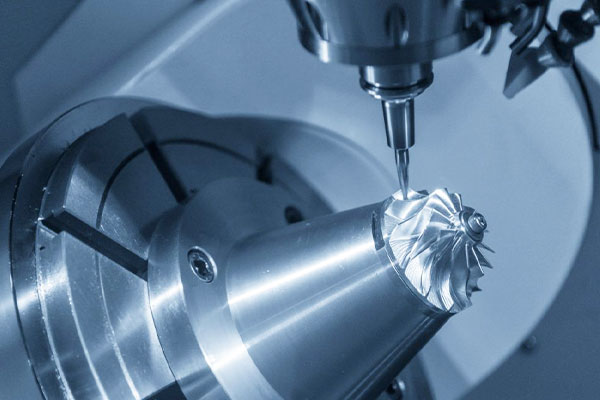
What is machining?
Machining is the process of using machines to cut, shape, or remove material to produce parts that meet specific shape, size, and precision requirements. Common machining processes include turning, milling, grinding, drilling, chamfering, tapping, and more.

What chemicals are used in machining?
Chemicals commonly used in the machining process include cutting fluids, lubricants, cleaners, rust inhibitors, coolants, and release agents. Their main functions are to reduce friction, provide cooling, clean workpieces and equipment, and protect metal surfaces from corrosion, ensuring the machining quality.
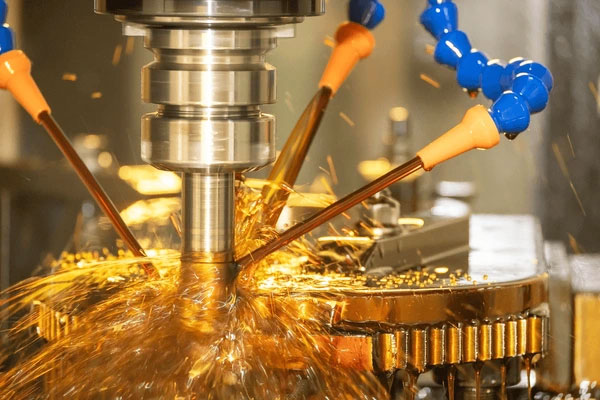
What is the impact of lubricant quality?
The quality of lubricating oil directly affects the service life of equipment. If the lubricating oil used does not meet quality standards, it may cause processing equipment to malfunction or get damaged.
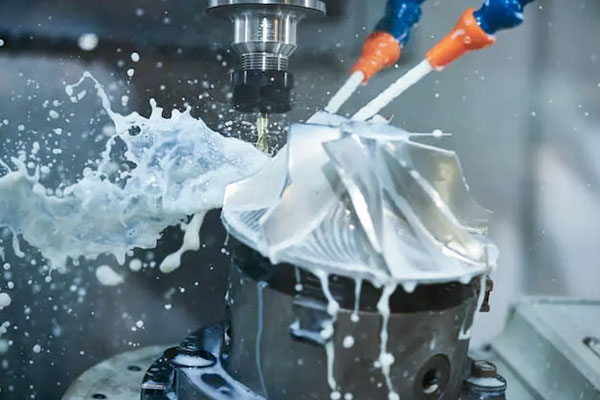
How to choose the right cutting fluid?
Choosing the appropriate cutting fluid requires not only considering performance but also taking into account factors such as the material being processed, machining methods, equipment compatibility, environmental conditions, cost-effectiveness, ease of maintenance, and environmental requirements.

